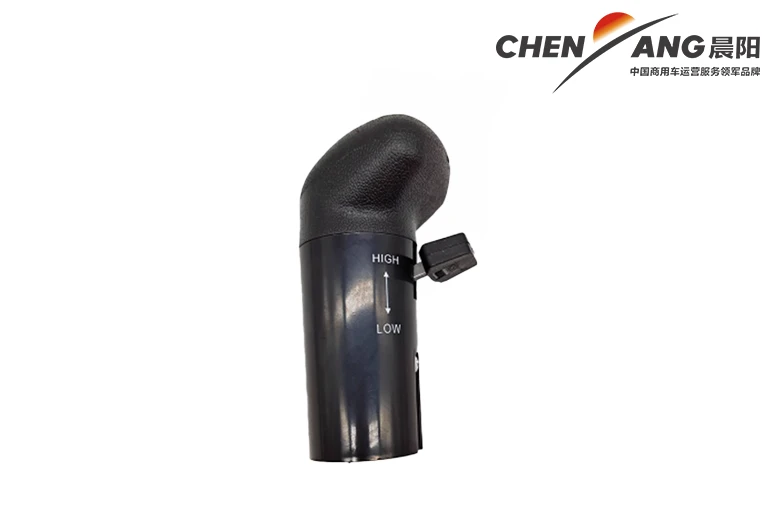Refrigerated Trailers for Efficient Temperature-Controlled Transportation Solutions
The Essential Role of Reefer Trailers in Modern Logistics
In today's fast-paced and globalized world, the transportation of goods is more critical than ever. Among the various methods of transport, reefer trailers have emerged as a vital component in ensuring the safe delivery of perishable items. These specialized refrigerated trailers play an indispensable role in the logistics and supply chain industries, particularly for food products, pharmaceuticals, and other temperature-sensitive goods.
What is a Reefer Trailer?
A reefer trailer, short for refrigerated trailer, is a type of trailer designed to transport perishable cargo while maintaining a controlled temperature. Equipped with a refrigeration unit, these trailers can regulate the internal temperature to ensure that the products remain fresh during transit. For instance, meats, dairy products, fruits, vegetables, and even certain pharmaceuticals require specific temperature ranges to prevent spoilage and degradation.
The Importance of Temperature Control
Temperature control is paramount when transporting perishable goods. A slight fluctuation can result in significant losses, not only in terms of money but also in food safety. For example, transporting seafood requires strict adherence to temperature requirements to prevent bacterial growth. Similarly, medications that need refrigeration have strict guidelines that, if not followed, can lead to ineffective treatments. This is why reefer trailers are not just a convenience; they are a necessity in modern logistics.
Technological Advances in Reefer Trailers
Over the years, the technology in reefer trailers has evolved remarkably. Modern reefers come equipped with GPS tracking and telematics systems that monitor temperature in real-time. This level of oversight ensures that shippers and receivers are aware of the conditions throughout the journey. Additionally, many trailers are now equipped with alarm systems that alert drivers if temperatures deviate from the set range, providing an added layer of security for sensitive cargo.
Moreover, innovations in insulation materials and refrigeration units have improved energy efficiency, which is crucial for reducing operational costs and minimizing environmental impact. This efficiency is not only beneficial for the bottom line; it also contributes to environmental sustainability efforts within the logistics industry.
reefer trailer

Challenges Faced by Reefer Trailer Operations
Despite their importance, the operation of reefer trailers is not without challenges. One significant issue is the rising cost of fuel, which directly impacts transportation prices. Additionally, compliance with strict regulations concerning food safety can vary from country to country, making cross-border logistics complicated. The need for continuous maintenance and monitoring of both the vehicle and refrigeration unit is also critical to ensure reliability and prevent breakdowns during transit.
Moreover, the logistics industry is experiencing a labor shortage, which includes trained truck drivers for specialized vehicles like reefers. Retaining qualified drivers who understand the importance of temperature control and safety procedures is essential for maintaining the integrity of perishable goods.
The Future of Reefer Trailers
As e-commerce continues to expand, the demand for reefer trailers is expected to grow. Consumers increasingly expect fresh produce and perishable goods to be available at their fingertips, and logistics companies must adapt to meet this demand. The rise of automation and cutting-edge technologies in the supply chain will likely revolutionize the way reefer trailers operate.
For instance, the integration of artificial intelligence and machine learning could lead to predictive analytics that optimize routes based on real-time traffic conditions and weather patterns. Such innovations not only improve efficiency but also enhance delivery reliability, ultimately benefiting consumers with fresher products.
Conclusion
Reefer trailers are a cornerstone of modern logistics, enabling the safe transport of perishable goods while ensuring compliance with food safety regulations. As the industry evolves and faces new challenges, the importance of these refrigerated trailers cannot be overstated. They not only ensure that food and medicine reach consumers in optimal condition but also play a crucial role in the global supply chain. With ongoing technological advancements, the future of reefer trailers looks promising, standing at the forefront of innovations in logistics and transportation.
-
SINOTRUK HOWO 84 Electric Dump Truck for Eco-Friendly Heavy HaulingNewsJul.26,2025
-
The Fast 16-Gear Manual Transmission Assembly for Heavy TrucksNewsJul.25,2025
-
Mercedes Benz Actros 1848 42 Tractor Truck for Sale - Reliable PerformanceNewsJul.24,2025
-
High-Quality Water Pump Assembly for Sinotruk Trucks – Durable & ReliableNewsJul.23,2025
-
Premium Truck Engine Antifreeze Coolant Fluid for Heavy Duty VehiclesNewsJul.22,2025
-
FOTON View G7 Mini Bus: Affordable & Spacious TransportNewsJul.22,2025
Popular products

























